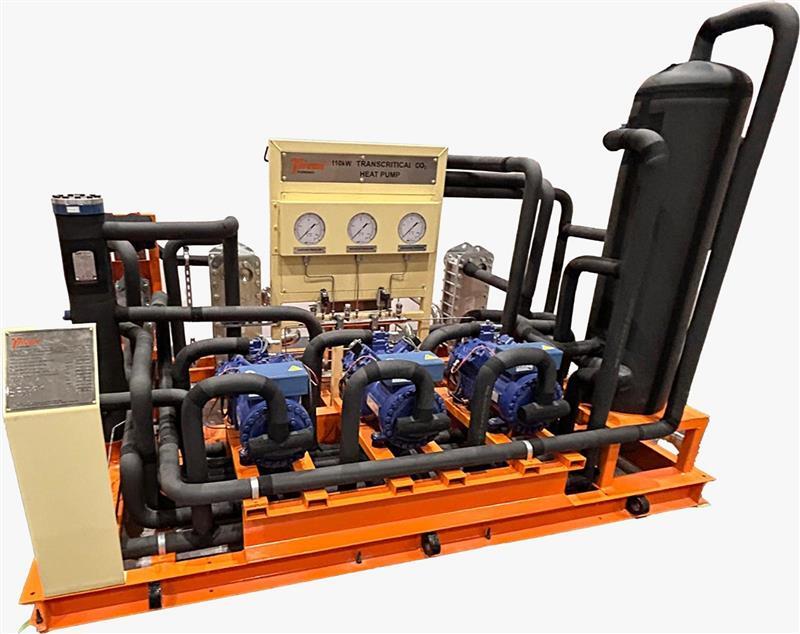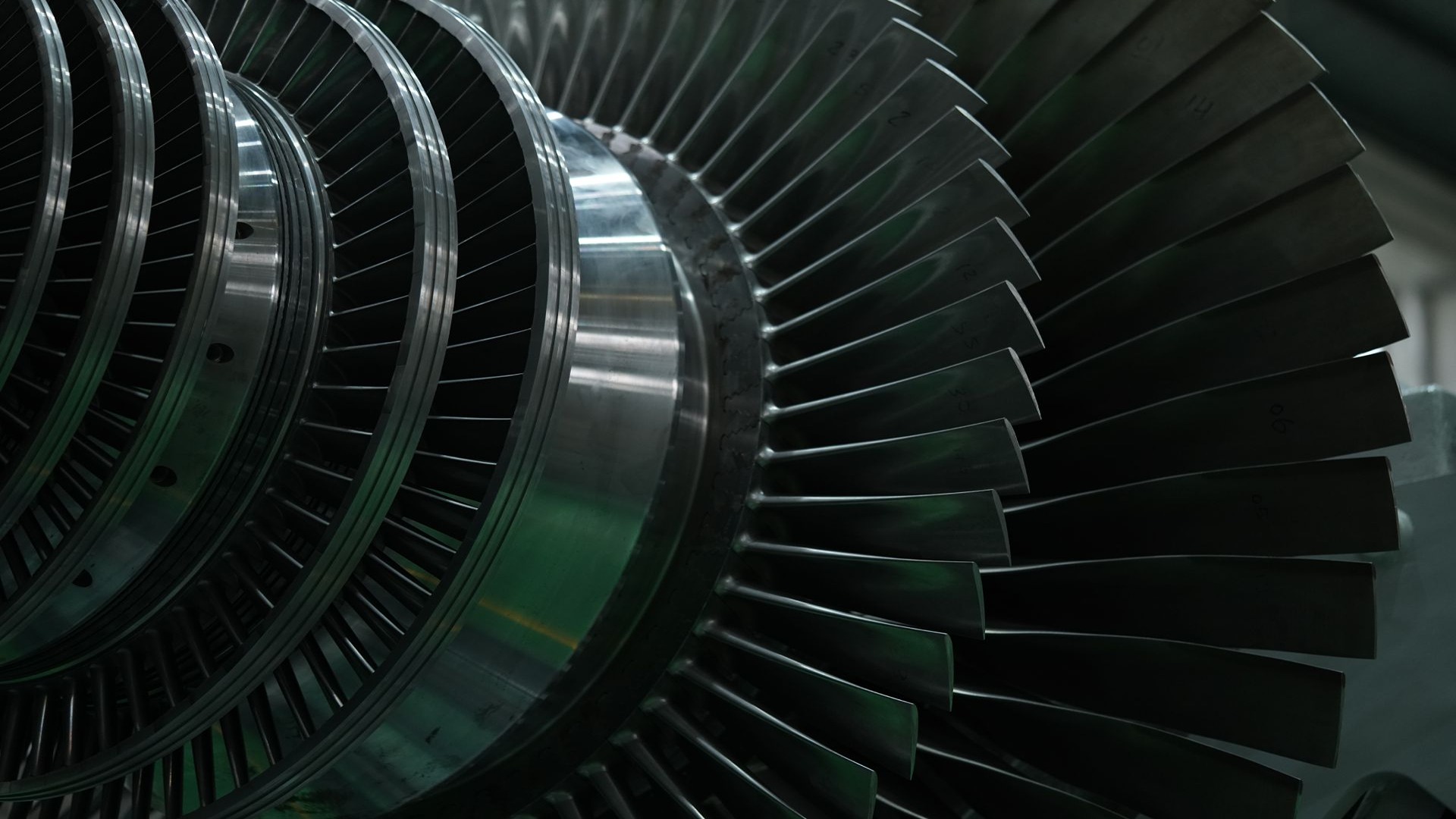
Why CO₂ Heat Pump Might Be the Future of Green Heating?
In the global pursuit of sustainable power solutions, CO₂ heat pumps have emerged as a transformative technology for industrial heating and cooling applications. These systems offer a compelling combination of energy efficiency, environmental responsibility, and cost-effectiveness.
This makes them increasingly attractive to sectors such as industrial captive power plants, independent power producers (IPPs), oil and gas facilities, utility power plants, and geothermal operations.
Understanding CO₂ Heat Pumps
CO₂ heat pumps utilize carbon dioxide (CO₂) as a refrigerant, operating on a transcritical cycle that allows for efficient heat transfer at higher temperatures. Unlike traditional refrigerants like R-410A, which has a global warming potential (GWP) of approximately 2,088, CO₂ has a GWP of 1, making it a far more environmentally friendly option.
The transcritical CO₂ heat pump (tCO₂ heat pump) operates above the critical point of CO₂, enabling it to achieve higher outlet temperatures. It is particularly beneficial for industrial processes requiring high-grade heat.
Key Benefits for Industrial Applications
CO₂ heat pumps are revolutionizing industrial operations by delivering sustainable, high-temperature heating solutions. Their ability for greater energy savings, low environmental impact, and versatility make them ideal for wide range of industrial applications.
- High Efficiency and Energy Optimization
CO₂ heat pumps are known for their high coefficient of performance (COP), often achieving values greater than 3.0. They can provide more than three units of heat for every unit of electricity used, leading to substantial energy savings. Such efficiency is crucial for industries aiming to optimize energy use and reduce operational costs.
- Environmental Impact and Compliance
Using CO₂ as a refrigerant aligns with global efforts to reduce greenhouse gas emissions. With zero ozone depletion potential and minimal GWP, CO₂ heat pumps help industries meet stringent environmental regulations and contribute to a lower carbon footprint.
- Versatility Across Industrial Sectors
The ability of tCO₂ heat pumps to provide high-temperature heat makes them suitable for wide range of industrial applications, including food processing, chemical manufacturing, and district heating. They can be readily adapted to accommodate the specific heating and cooling requirements of various industrial processes.
- Regulatory Compliance
Installing CO₂ heat pumps allows industries to stay ahead of evolving environmental regulations. CO₂, a natural refrigerant with a Global Warming Potential (GWP) of just 1, is not subject to the strict phase-down schedules applied to hydrofluorocarbons (HFCs) under international agreements like the Kigali Amendment.
This eliminates the risk of future regulatory penalties or forced system replacements, which are common with synthetic refrigerants.
- Future-proof Investment
As governments worldwide strengthen climate policies, industries are under growing pressure to adopt technologies that support long-term decarbonization goals. CO₂ heat pumps, especially TCO₂ heat pump systems, offer a scalable and future-ready solution, ensuring compliance with evolving environmental regulations.
Their ability to integrate with renewable heat sources enhances their versatility across various industrial sectors.
Market Trends and Adoption
The industrial heat pump market is undergoing remarkable expansion, fueled by rapid technological advancements and the growing demand for energy-efficient, low-carbon solutions across industries. Analysts project a Compound Annual Growth Rate (CAGR) of 5.7% from 2024 to 2037, with the global market expected to reach an estimated USD 2.9 billion by the end of 2037.
There are many factors driving this upward trend. One of the most influential is the increasing global focus on sustainability and decarbonization, as industries face mounting pressure to cut carbon emissions and improve energy efficiency. Governments around the world are bolstering this shift by offering financial incentives, tax breaks, subsidies, and favorable regulatory policies that promote the adoption of energy-efficient technologies like industrial heat pumps.
Triveni Turbines is at the forefront of this transition, offering high-efficiency steam turbines that seamlessly integrate with CO₂ heat pump systems. We offer environment friendly and tailored steam turbine solutions to equip our clients for meeting their sustainable power generation demands.
